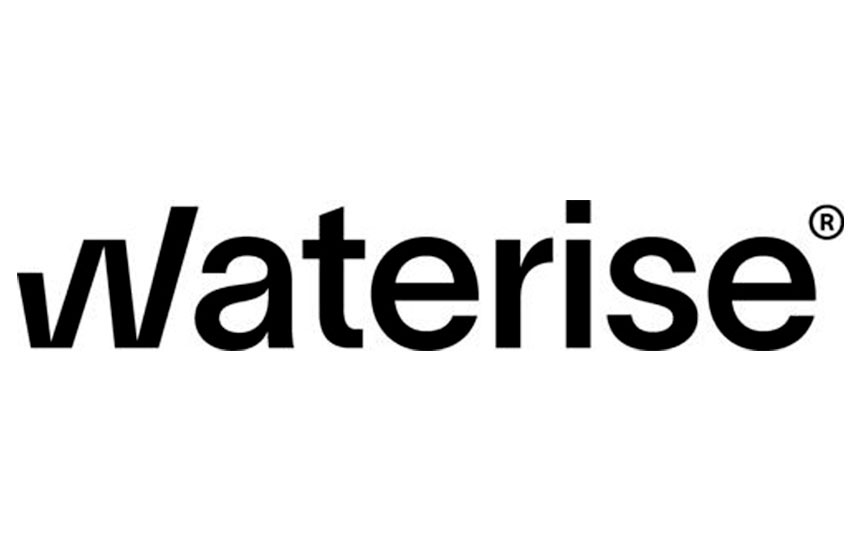Worley has entered into a partnership with Waterise to deploy its subsea desalination solution to projects and communities on a global scale.
Waterise’s desalination technology uses an energy-efficient reverse osmosis process that could help meet significant demand for fresh water around the world. Each plant using this technology is expected to produce up to 50,000 m3 of fresh water per day – enough to support a mid-to-large size city – without relying on scarce coastal land areas or impacting local marine ecosystems.
“Accessing clean and fresh water is a challenge in many parts of the world. And demand for this most basic human need continues to increase faster than supply, which is partly driven by growing industrial usage,” said Bradley Andrews, Worley President for UK, Norway, Central Asia & Eastern Europe.
We’ll support Waterise by providing engineering, project management, and business development services across multiple geographies. Through the partnership, Waterise will have access to our global network of subsea and desalination experts who will help identify key projects and communities that have the potential to benefit from the unique technology solution.
Rosenberg Worley was appointed to complete the detailed engineering for the first commercial scale version of Waterise’s concept in 2021. This partnership expands on the work we carried out and our capacity in both subsea operations systems and desalination.
Niels Petter Wright, CEO of Waterise, added: “The collaboration with Worley marks an important milestone for Waterise, and we are now taking our technology into the first full-scale plant. Worley will be an important strategic partner for Waterise based on its competence and capacity in both subsea operation systems as well as desalination, and we look forward to the continuation of this partnership.”
“Worley is well placed to identify where this subsea desalination solution can deliver more sustainable outcomes for both communities and industry. We’ll work with Waterise to deploy this technology safely and effectively at scale,” said Andrews.

